15 July 2020
Cells need fuel in order to grow and function. Immune cells are no different. What we eat, and whether we’re eating the right kinds of food, can affect how well the immune system works in the body.

To better understand how the immune system fuels itself – otherwise known as immune metabolism – the Translational Immunology team has recruited returning Kiwi scientist Dr David O’Sullivan.
Dr O’Sullivan completed his doctoral studies in multiple sclerosis research with Institute Research Associate Professor Anne La Flamme. Since then, Dr O’Sullivan has worked at both Washington University in the United States and at the Max Planck Institute in Germany, investigating T-cell metabolism and how different nutrients affect their function. Having returned to Wellington and the Malaghan Institute, Dr O’Sullivan is working with Translational Immunology Group Leader Dr Olivier Gasser to apply his expertise to our immune health research as part of the High- Value Nutrition National Science Challenge.
“I’ll be working in the translational space looking at nutritional components or bioactive compounds from food groups and how these influence the immune cell metabolism and function,” says Dr O’Sullivan. “Just like in the saying ‘you are what you eat’, what nutrients immune cells are exposed to influences their behaviour. We’re trying to leverage bioactive compounds that are found in nutritional food products in a way that benefits immune cell function.”
Click on the image below to read the rest of Scope 72
Related news

Dr Kerry Hilligan awarded Sir Charles Hercus Health Research Fellowship
2 December 2025
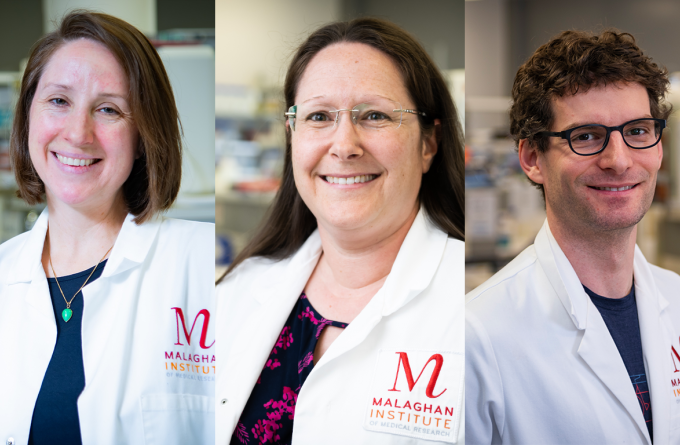
New funding supports cutting-edge research into immune cell metabolism
13 October 2025
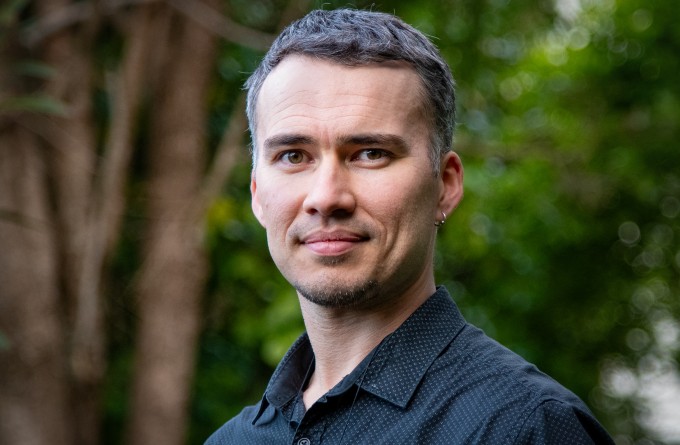
Te Pūnaha Awhikiri: Exploring the Immune System through Mātauranga Māori
7 July 2025
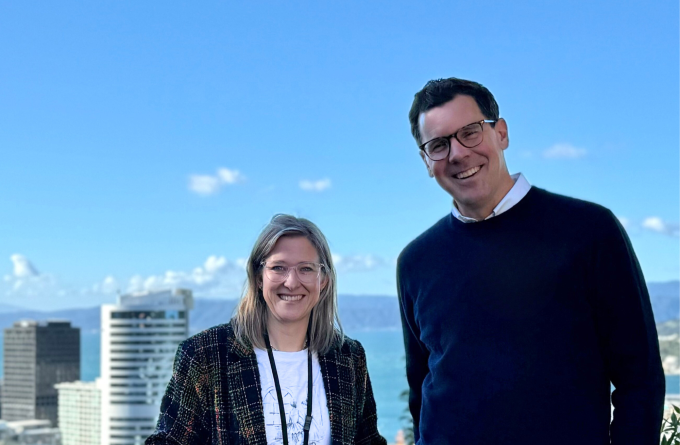
Malaghan visiting researcher: Associate Professor Timothy Hand
16 June 2025
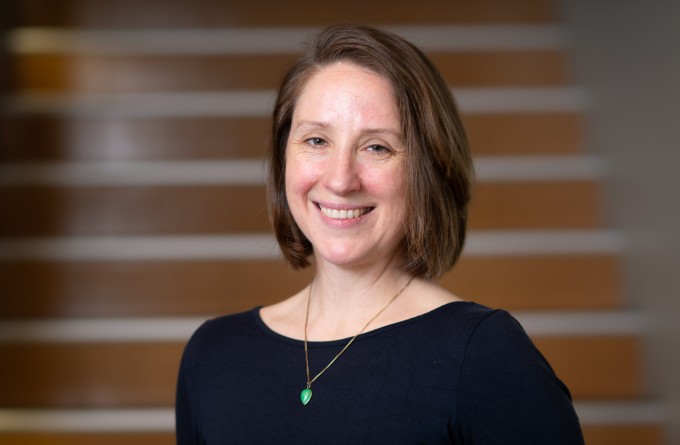
Dr Michelle Linterman: Asking the age-old question
30 April 2025
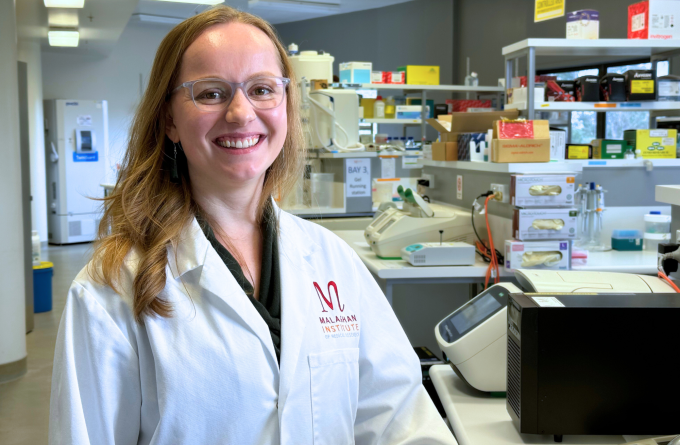
Fever: too hot to handle or the body's first line of defence?
22 August 2024

